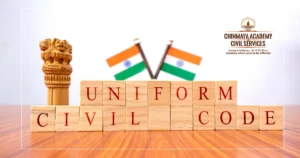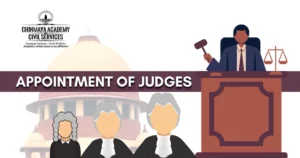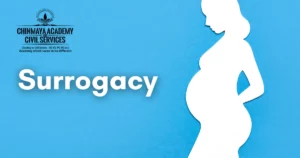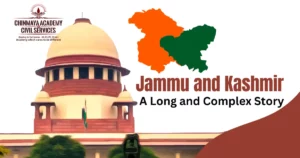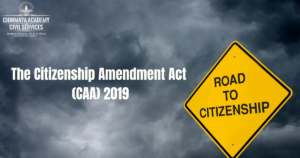Skip to content
The Transplantation of Human Organs and Tissues Act (THOTA)
INDOSRI LANKA agreement on 1974
Corrupt practices under RPA,1951
Industrial Alcohol -Centre and State Laws for its Regulation
UNHRC – Council for Preventing Human Rights Violations
Securing Our Future: Recognizing the Vital Role of the National Disaster Resource Fund
Promoting Global Security and Peace: The Multifaceted Mandate and Initiatives of UNODA
Evaluating the Efficacy and Sustainability of National AIDS Control Program (NACP): A Comprehensive Review
Assent has been given by President toNew Criminal Justice Bills
The Forest Rights Act (FRA)
The Unlawful Activities (Prevention) Act (UAPA) of 1967
Jammu and Kashmir: A Long and Complex Story
The Citizenship Amendment Act (CAA), 2019










